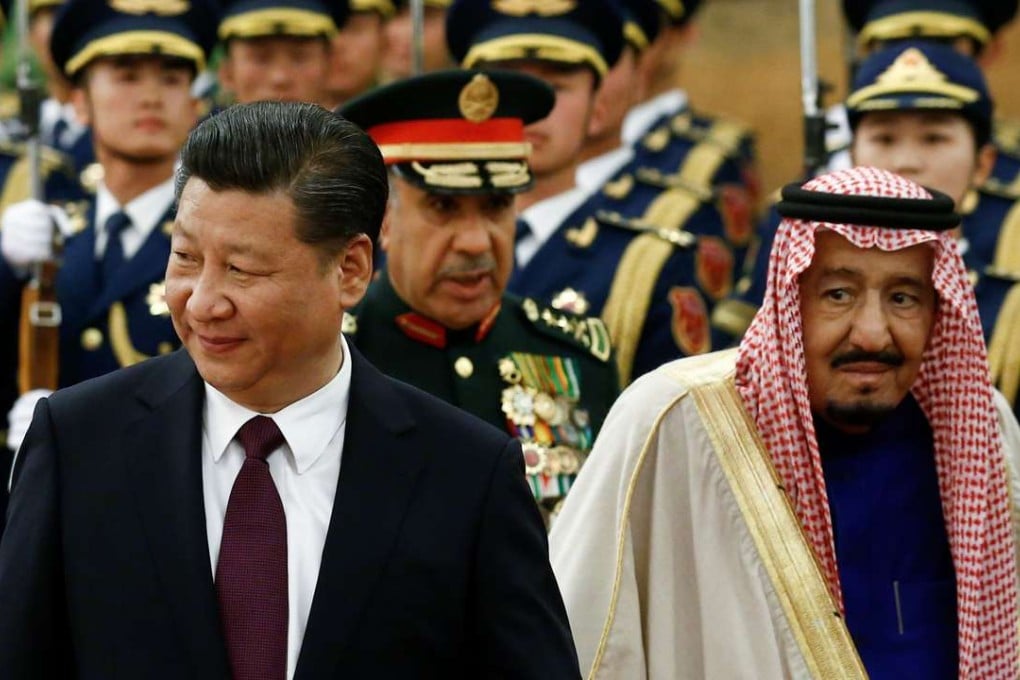Comment: why US allies Israel, Saudi Arabia are cosying up to China

King Salman of Saudi Arabia and the Israeli Prime Minister Benjamin Netanyahu were both in Beijing last week. The fact they did not meet there is not evidence of China’s lack of influence in the Middle East. Even if they were simultaneously in Washington, they would still ignore each other. It is much too early for the two to be seen together in public.
But their visit did indicate the growing Chinese presence in the Middle East and the recognition of Chinese prowess, certainly economically, by the political leadership in the Middle East.
Saudi Arabia is a major source for China’s energy demand for its expanding economy. Israel is an innovation powerhouse and can provide knowledge assisting China in developing its agriculture. Both Saudi Arabia and Israel are fertile grounds for Chinese construction capacity, mostly in infrastructure. In the case of Israel, China also has the ability to inject financial resources into Israeli start-ups and academic institutions.
On the face of it, it’s a healthy platform for building mutually beneficial relations, except that the two visiting leaders from the Middle East have a somewhat different political agenda from that of Beijing.
Both are satellites in the United States orbit. For its strategic security, Saudi Arabia depends very much on American arms, the American military presence in the Persian Gulf and its projection of power. Israel relies on the supply of the most advanced American arms and American backing in international organisations, especially in the UN Security Council, where the US veto has often prevented anti-Israel resolutions.